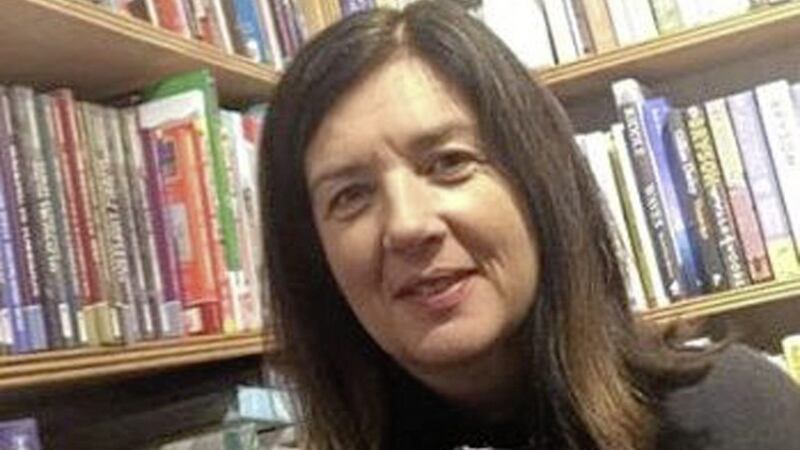OUTDOOR learning, the arts and `character education' have the potential to "generate hope" when schools reopen.
Schools are expecting huge disruption deep into the next academic year, with only a small group of pupils returning after summer.
Those in `key cohorts' - including students preparing for A-levels and GCSEs - will be among the first welcomed back in August.
There will follow a phased return for all young people at the beginning of September - but dates have not yet been confirmed.
Worried parents have already raised concerns about how social distancing can be respected in classrooms and on home-to-school transport.
Teaching unions have said the curriculum and exams will need to be tailored to take account of learning time lost.
Several issues have been examined by Sharon Jones, a senior lecturer at Stranmillis University College, in an article for the Centre for Research in Educational Underachievement.
Dr Jones said as baby steps were taken towards emerging from lockdown, the prospect of a new school year brought excitement, but also uncertainty.
"All the talk of the ‘new normal’ can be daunting, for no-one really knows what the experience of school in 2020/21 will be like. The situation presents logistical conundrums to challenge even the most gifted of organisational minds," she wrote.
"When we do get back to school, whatever that might look like, how should we guide the learning of our children and young people?
"The Northern Ireland curriculum is 13 years old, and its design was for a Northern Ireland before Covid-19. As we look ahead into the new school year and beyond, and in light of the seismic impact of Covid-19, globally and locally, not least in the lives children and young people, a fresh focus on curriculum seems timely and wise."
Dr Jones said there were three areas that merited particular attention - outdoor learning; the arts and humanities; and `character education'.
"Learning outside offers great possibilities for building resilience. And if resilience is the ability to bounce back from adversity, this is surely worth developing as we move forward and prepare to live with Covid-19," she added.
"We know that academic excellence is important, but in times of crisis we learn that compassion and kindness are of infinitely greater worth. We should explore initiatives that infuse curriculum with the development of virtues such as The Good Project and the Kindness Curriculum."
The Good Project promotes ethics in education, preparing people to become good workers who contribute to the overall wellbeing of society.
The Kindness Curriculum is connected to the national school curriculum in Australia and focusses on the development of core attributes including compassion, empathy, gratitude and humour.
"In different ways, outdoor learning, the arts and humanities, and character education have the potential to generate hope," Dr Jones added.
"We must keep this in mind as we contemplate going back to school, as we review curriculum together, seeking to guide the learning of our children and young people, and prepare them to live well and achieve success in the future."


